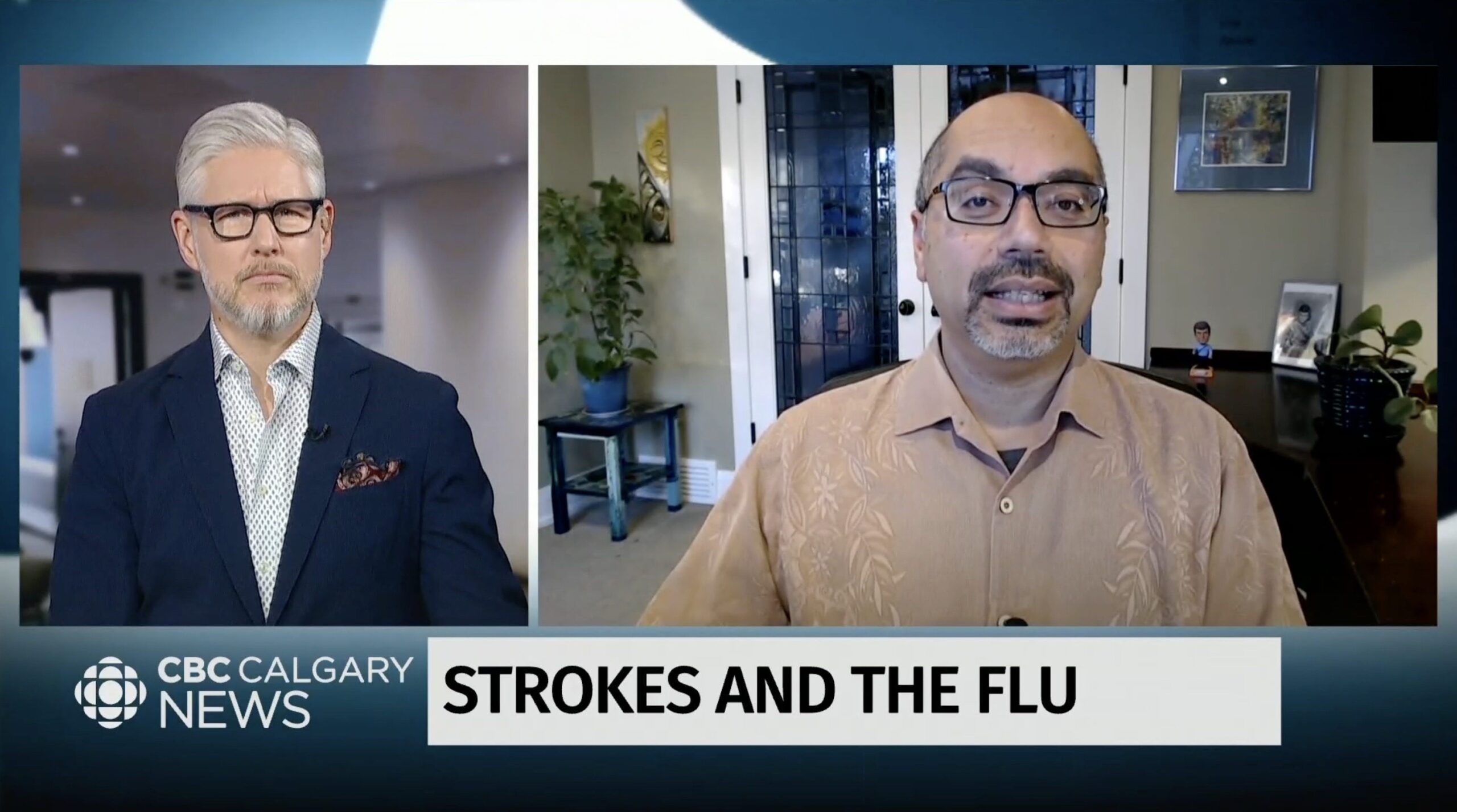
Screenshot: CBC Calgary News
Do you know what happens after flu season?
Emergency care doctors say that after the flu season, about three or four weeks later, there is the stroke season.
You can’t do this. The credibility of the medical community is rapidly declining.
Emergency care physician Dr. Raj Bhardwaj joins CBC Canada’s Rob Brown to talk about “Stroke Season.”
Trending: BREAKING: DOJ search finds more classified documents at Biden’s Delaware home (UPDATE: FBI ‘consent search’)
Dazed and surprised Dr. Bharadwaj explained the relationship between fever, infection and stroke.
“I didn’t know about this until last year, but it turns out that after the flu season, about three or four weeks later, there’s the stroke season,” Bhardwaj said. “And like you said, most of Canada is coming off a big hump of the flu. So now we’re starting to see more strokes.
Dr. Bhardwaj said a friend of his colleague was shocked by the high number of strokes recently.
“A friend of a colleague of mine said the other day at work, ‘Have you noticed how many strokes we’re seeing? It’s more than normal, it seems. So anecdotally, we’re starting to see that.
Bhardwaj said getting an annual flu shot can help prevent strokes.
“The good news is that getting your flu shot lowers your risk of stroke, according to a study from the University of Calgary, back in November,” he said.
“Even if you get a flu shot and catch influenza, you’ll still have less inflammation because your immune system is already prepared to fight it. So that’s how the flu shot ultimately reduces your risk of stroke by preventing inflammation from the infection or reducing it altogether,” he continued.
Watch the video below:

